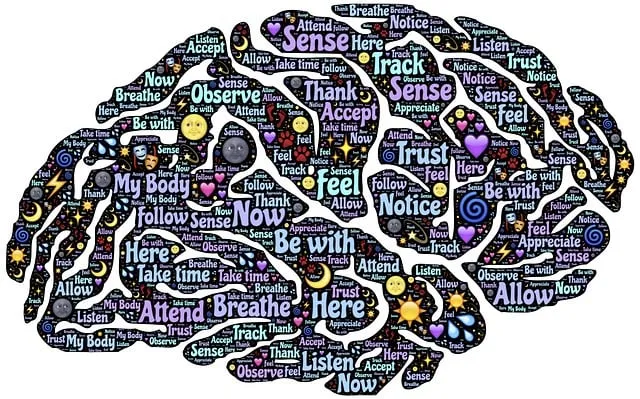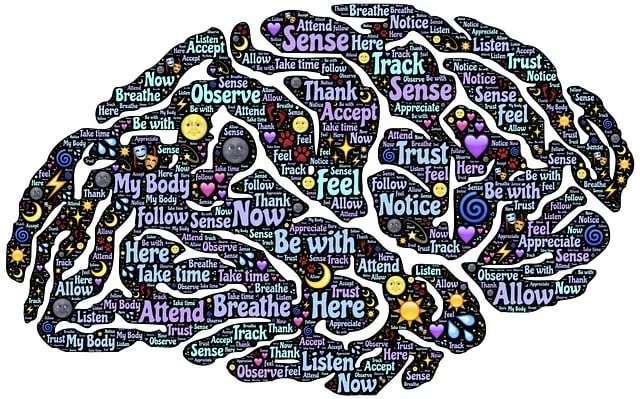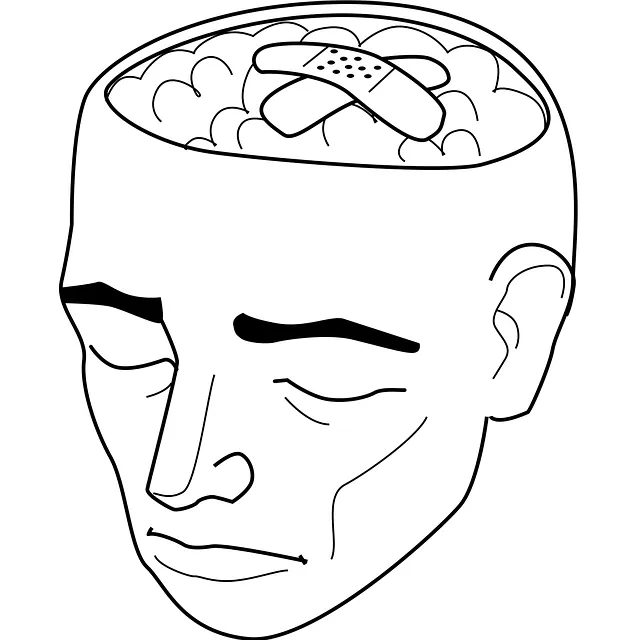Boulder Kaiser Permanente mental health number leads with innovative diagnosis through advanced tools, multidisciplinary evaluations, and cultural competency training. Their strategy includes digital assessments, risk management planning, and personalized therapy focused on Inner Strength Development and Emotional Intelligence. Community outreach, patient feedback loops, and tailored treatments enhance outcomes and foster inclusive mental health support.
Mental illness diagnosis accuracy has seen significant improvements thanks to evolving techniques and integrated technology. This article explores pioneering approaches, such as enhancing diagnosis methods, leveraging advanced tech in therapy, and training professionals using the proven Boulder Kaiser Permanente model (a leading example with a notable Boulder Kaiser Permanente mental health number of successful cases). We also delve into patient feedback loops and personalized treatment plans, highlighting strategies for continuous improvement tailored to individual needs.
- Enhancing Diagnosis Techniques for Mental Health
- Integrating Advanced Technology in Therapy
- Training Professionals: The Boulder Kaiser Permanente Approach
- Patient Feedback Loops for Continuous Improvement
- Personalized Treatment: Tailoring to Individual Needs
Enhancing Diagnosis Techniques for Mental Health

Mental health professionals at Boulder Kaiser Permanente are continually enhancing diagnosis techniques to improve accuracy and patient care. This involves incorporating advanced assessment tools and evidence-based practices tailored to individual needs, rather than relying solely on traditional methods. By integrating innovative approaches like digital mental health assessments and multidisciplinary team evaluations, they strive to reduce the impact of bias and improve diagnostic reliability.
In line with Mental Illness Stigma Reduction Efforts, Healthcare Provider Cultural Competency Training is a cornerstone of their strategy. Educating staff about diverse cultural perspectives empowers them to conduct thorough evaluations, considering unique presentations and experiences that may influence symptoms. Additionally, comprehensive Risk Management Planning for Mental Health Professionals ensures safe and effective practices, fostering an environment where accurate diagnoses can be made with confidence.
Integrating Advanced Technology in Therapy

In the realm of mental health care, advancements in technology are revolutionizing diagnostic processes and treatment modalities. One notable effort is the integration of advanced tools at Boulder Kaiser Permanente mental health number, aiming to enhance accuracy and efficiency. Through digital platforms and innovative applications, therapists can now leverage data analysis and AI-powered assessment tools to gain deeper insights into patients’ conditions. This not only improves diagnosis but also personalizes therapy plans, catering to individual needs.
For instance, focusing on Inner Strength Development and Emotional Intelligence, these technologies assist in tracking emotional regulation over time, enabling practitioners to measure progress accurately. By combining the expertise of professionals with the precision of technology, Boulder Kaiser Permanente strives to provide more effective care. This approach ensures that patients receive tailored support, fostering a holistic improvement in their mental well-being while cultivating resilience and Emotional Regulation skills.
Training Professionals: The Boulder Kaiser Permanente Approach

The Boulder Kaiser Permanente approach to mental health diagnosis is a prime example of how healthcare institutions can enhance accuracy and patient care. This innovative strategy involves extensive training for professionals, focusing on both clinical expertise and empathetic communication skills. By prioritizing the well-being of both mind and body, they promote a holistic understanding of mental illness.
The program’s success lies in its Community Outreach Program Implementation, which brings healthcare directly to diverse communities. Through Mindfulness Meditation and Emotional Healing Processes, patients are equipped with tools to manage their conditions effectively. This personalized approach ensures that diagnosis and treatment cater to individual needs, leading to improved outcomes and a deeper connection between patients and their healthcare providers.
Patient Feedback Loops for Continuous Improvement

Encouraging patient feedback plays a pivotal role in enhancing mental health care and diagnosis accuracy. At Boulder Kaiser Permanente, efforts are underway to establish robust feedback loops where patients can share their experiences openly. This two-way communication allows for continuous improvement in mental health services. By actively listening to patient insights, the healthcare system can identify areas that need enhancement, ensuring a more personalized and effective approach to treating mental illness.
Through these feedback mechanisms, patients with lived experiences become valuable contributors to shaping their care. Their input on aspects like diagnosis clarity, treatment plans, and provider interactions helps in refining practices. This process fosters resilience building and stress management strategies tailored to individual needs. Additionally, it addresses the critical component of healthcare provider cultural competency training, ensuring a more inclusive and sensitive mental health support system.
Personalized Treatment: Tailoring to Individual Needs

At Boulder Kaiser Permanente, mental health professionals are dedicated to enhancing diagnosis accuracy and improving patient care through personalized treatment plans. Recognizing that every individual’s experience with mental illness is unique, they strive to tailor their approach to meet specific needs. This involves a comprehensive assessment process that delves into personal history, current symptoms, and environmental factors, ensuring a nuanced understanding of each patient’s challenges.
By integrating advanced diagnostic tools and evidence-based practices, such as conflict resolution techniques and crisis intervention guidance, the team provides targeted interventions. Encouraging positive thinking and fostering resilience are integral parts of this strategy, empowering patients to actively participate in their journey towards recovery. This personalized treatment approach not only improves diagnosis accuracy but also enhances overall well-being by addressing the root causes of mental health issues effectively.
Mental illness diagnosis accuracy has seen significant advancements thanks to enhanced techniques, integrated technology, and comprehensive training programs like those employed by Boulder Kaiser Permanente. By focusing on personalized treatment tailored to individual needs, healthcare professionals are equipped with the tools to provide more precise diagnoses. This, coupled with patient feedback loops, ensures continuous improvement in mental health care. The Boulder Kaiser Permanente approach serves as a model for other institutions, demonstrating that a multi-faceted strategy can lead to better outcomes and an improved quality of life for those facing mental health challenges.






